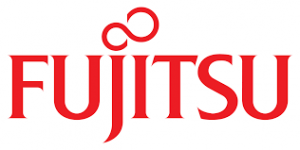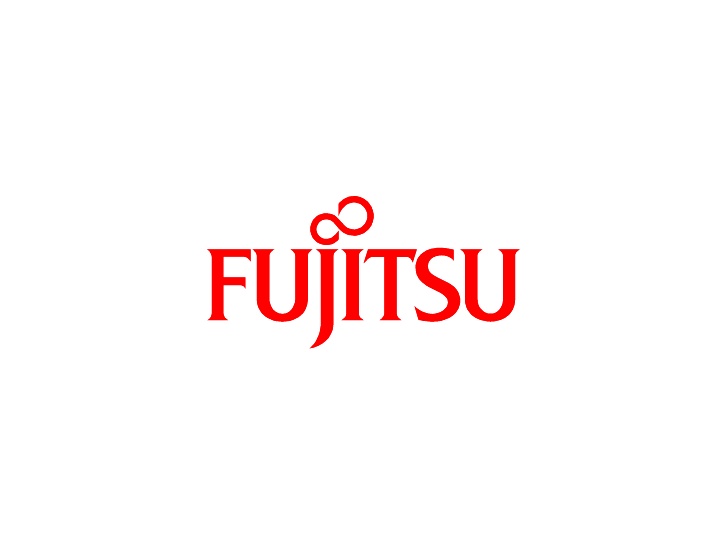 Fujitsu has today commenced sales in Japan of industry’s first AI-powered software product intended to help municipal employees perform child daycare-related tasks. Fujitsu developed a public solution with a child-rearing and daycare center AI admissions screening system that features “Fujitsu Human Centric AI Zinrai,” the company’s artificial intelligence technology. The new product automatically matches thousands of children to daycare centers, in seconds, based on diverse applicant needs and detailed criteria determined by local governments. In the admissions process of matching children to daycare centers, local government employees assign children to daycare centers on a “trial and error” basis. Such procedure is based on complex requirements that include applicant priority criteria set by each local government as well as requests for siblings to be admitted to the same daycare center, to satisfy the requests of all applicants to the maximum extent possible. As a result, it takes time to assign seats and notify results. Also, it has been difficult to adopt new standards that respond to detailed requests, as it complicates the screening process. The new software is driven by Zinrai AI technology that incorporates game theory, a mathematical approach that rationally resolves the relationships between people with conflicting interests. This matches thousands of children to daycare centers in a few seconds according to applicant priority criteria, so that all applicants have as many of their requests met as possible. The product is currently being trialed by more than 30 local governments, including in Otsu, Shiga Prefecture. The city of Kusatsu in the same prefecture also plans to deploy the software in fiscal 2018, and Tokyo’s Minato ward is considering use of the solution from fiscal 2019.
Fujitsu has today commenced sales in Japan of industry’s first AI-powered software product intended to help municipal employees perform child daycare-related tasks. Fujitsu developed a public solution with a child-rearing and daycare center AI admissions screening system that features “Fujitsu Human Centric AI Zinrai,” the company’s artificial intelligence technology. The new product automatically matches thousands of children to daycare centers, in seconds, based on diverse applicant needs and detailed criteria determined by local governments. In the admissions process of matching children to daycare centers, local government employees assign children to daycare centers on a “trial and error” basis. Such procedure is based on complex requirements that include applicant priority criteria set by each local government as well as requests for siblings to be admitted to the same daycare center, to satisfy the requests of all applicants to the maximum extent possible. As a result, it takes time to assign seats and notify results. Also, it has been difficult to adopt new standards that respond to detailed requests, as it complicates the screening process. The new software is driven by Zinrai AI technology that incorporates game theory, a mathematical approach that rationally resolves the relationships between people with conflicting interests. This matches thousands of children to daycare centers in a few seconds according to applicant priority criteria, so that all applicants have as many of their requests met as possible. The product is currently being trialed by more than 30 local governments, including in Otsu, Shiga Prefecture. The city of Kusatsu in the same prefecture also plans to deploy the software in fiscal 2018, and Tokyo’s Minato ward is considering use of the solution from fiscal 2019.
Background
Recent years have seen measures taken to slow the declining birth rate in Japan, including enactment of the “Act on Child and Childcare Support.” Many issues still remain, however, in the childcare situation in many regions, such as the number of children waiting for openings at daycare centers. One such issue is increasingly complex daycare admissions screenings due to the need to maintain fairness. The result is that significant manpower and time are required to match children to limited daycare center openings, which takes various circumstances of applicants into account. For example, some parents prioritize siblings going to the same daycare center, while others allow siblings to be in separate daycare centers as long as all the children are admitted somewhere. There have also been many cases, depending on the local government, where siblings ended up in different daycares even after repeated considerations. Solving these problems and handling the admissions assignment process quickly, carefully, and appropriately has become an urgent task of governments that have made supporting working women as an important policy.
Daycare matching process using the new system
1. Extracting necessary information from child-rearing support system for admissions screenings
Information required for admissions screenings, including information for each child (daycare center use adjustment index(1), desired daycare center, daycare center preferences of siblings, etc.) and information such as the number of available spots in each daycare center, is taken from the child-rearing support system and input to the daycare center AI admissions screening system. Fujitsu’s solution or a third-party product can be selected as the child-rearing support system serving as the information source.
2. Conducting admissions screening using AI
Based on various applicant requests, including sibling entrance requirements and preferences for specific daycare locations, as well as applicant priority criteria based on daycare center use adjustment indexes determined by each local government and detailed standards, the software matches children to daycare centers in a few seconds. This way, all applicants get as many of their requests met as possible according to applicant priority criteria, and the assignment process for several thousand children, which currently takes about 1,000 hours for government-specified core cities to perform, is completed in seconds. By notifying parents and guardians of the admissions result more quickly, residents’ services are also improved. As assignment results are generated in both digital and document formats, the results input process can also become more efficient.
3. Visualizing assignment results, supporting explanations to residents
The software provides functionality to support staff in explaining the reasons for assignment results, such as when a parent wants to know why their child was not admitted to the preferred daycare center. Staff can explain the results based on the number of openings at the daycare, the priority of the request, and sibling entrance requirements, so they can smoothly respond to inquiries from and service-counter consultations with residents, providing highly transparent accountability.
Sales Target
Cumulative sales of about 2 billion yen by the end of fiscal 2020 (Fujitsu’s fiscal year ends March 31).
(1) Daycare center use adjustment index A standard (index) individually determined by local governments to prioritize people in greater need of childcare. The standards cover diverse factors, including the work situation of parents, conditions regarding childcare, and whether the parents have nursing care obligations.





